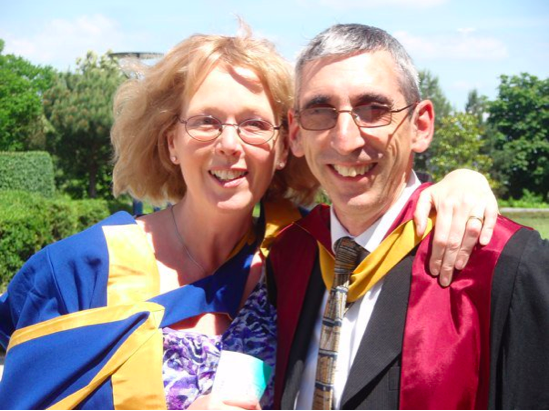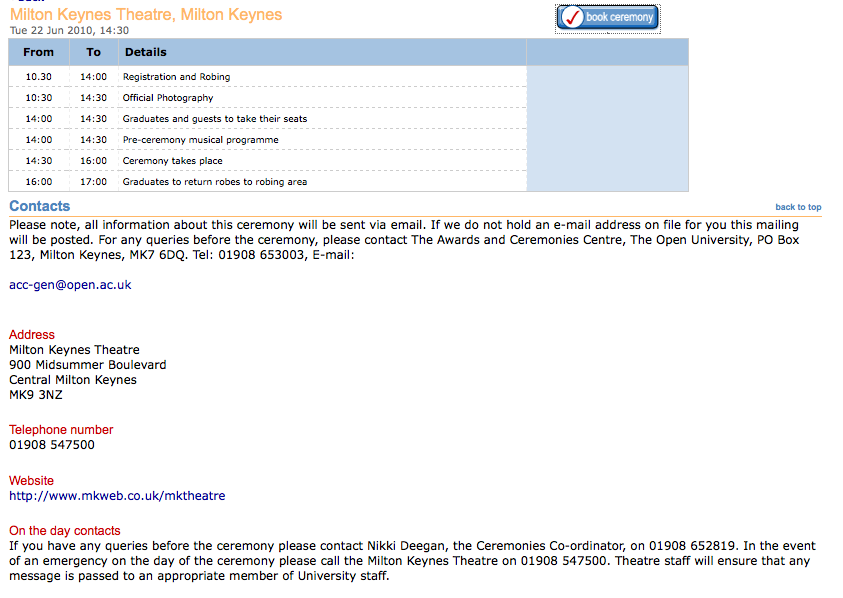Inspired by a Tweet I read recently about the distinction between a thesis and a PhD, I have been thinking about the difference between the two.
The university really focuses on the thesis, which must :
- be of good presentation and style
- be a significant contribution to knowledge and/or to understanding
- demonstrate capacity to pursue further research without supervision
- contain a significant amount of material worthy of publication or public presentation.
What else? Well, our university specifies you must be a registered student, you must live in the UK, you must pass your probationary period, you must spend a minimum amount of time as a registered student, you must make satisfactory progress, you must have a viva, you must make any specified corrections and you must present your thesis according to the guidelines.
All very thesis focused.
Vitae has a Researcher Development Framework that covers knowledge and intellectual abilities; personal effectiveness; research governance and organisation; engagement, influence and impact. The university encourages students to engage with this but, apart from reporting satisfactory progress at probationary review, it isn’t enforced or assessed.
Typically, students are assessment focused. They learn what they will be assessed on. It’s not surprising, then, that many doctoral students focus their entire attention on the thesis. That is the centre of their activity – everything else that takes place at the university is a distraction and has lower priority. In extreme cases, they only visit the university for supervision sessions, talk to nobody but their supervisors about their research, and focus totally on putting their thesis together and passing their viva.
But what then? A PhD is one line in a CV – perhaps five or six if you bulk it out with a description of your research. Permanent academic jobs in the UK and in many other countries may not be as rare as hens’ teeth, but they come pretty close. Even fixed-term contracts are difficult to get.
For employers, the PhD is not just one line in a CV, it’s also one line in a long job specification.
Academic employers want to know that you can publish papers, put together grant proposals, attract funding, increase impact via social media, create course materials, teach, mentor, work as part of a team, initiate projects, provide connections to a wider academic community and work on several projects at the same time.
The people getting the academic jobs are the people who can produce evidence that they can do all those things, and that they have already done those things. The people who treated their PhD as a period of academic apprenticeship, when the thesis is just one activity among many. The people struggling to get a toehold in the academic sector are the ones who have simply written a thesis.

